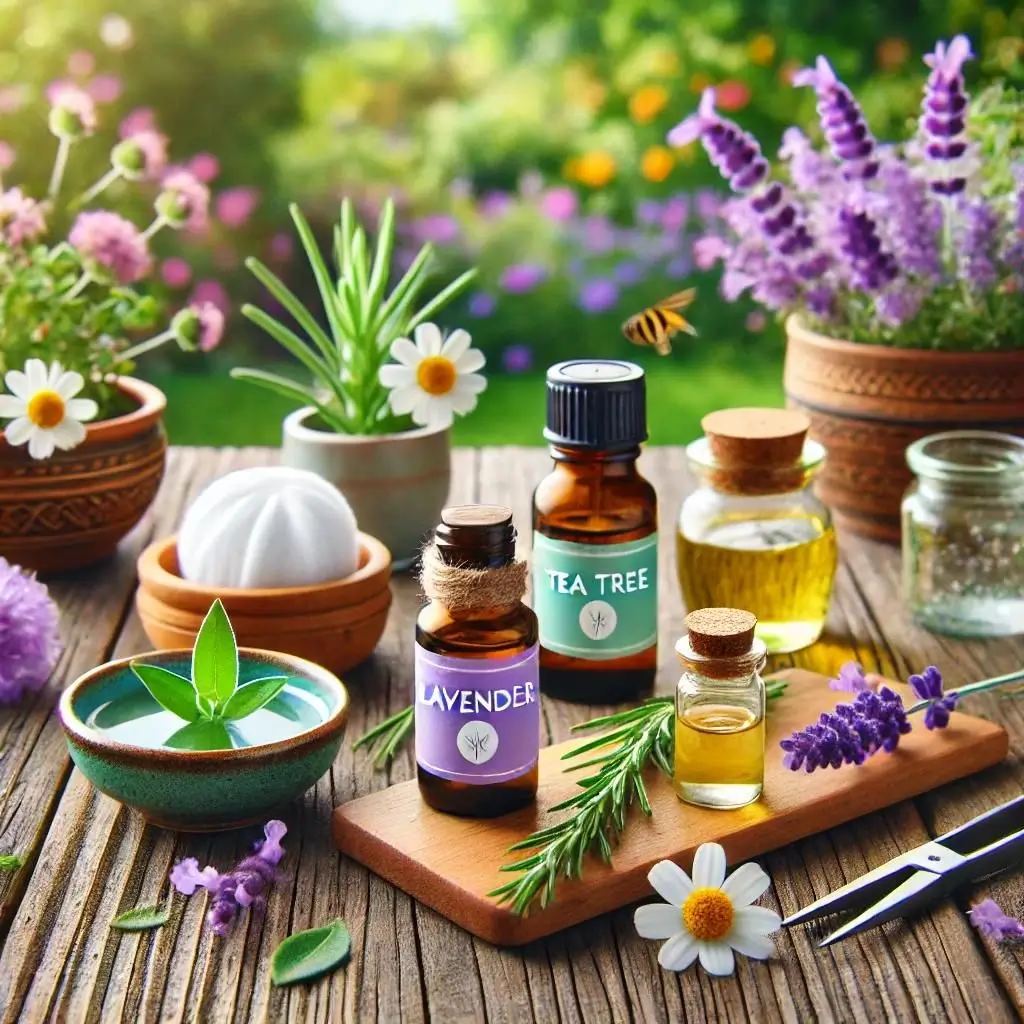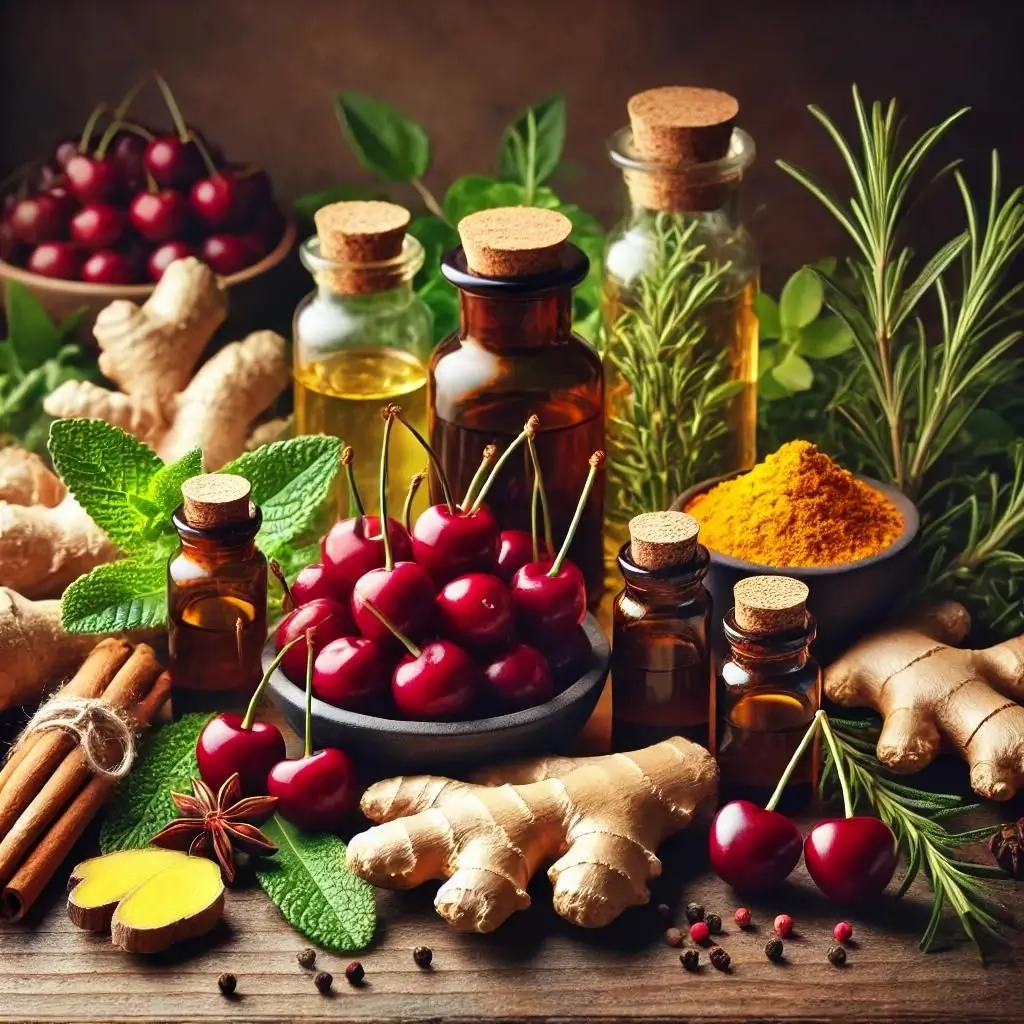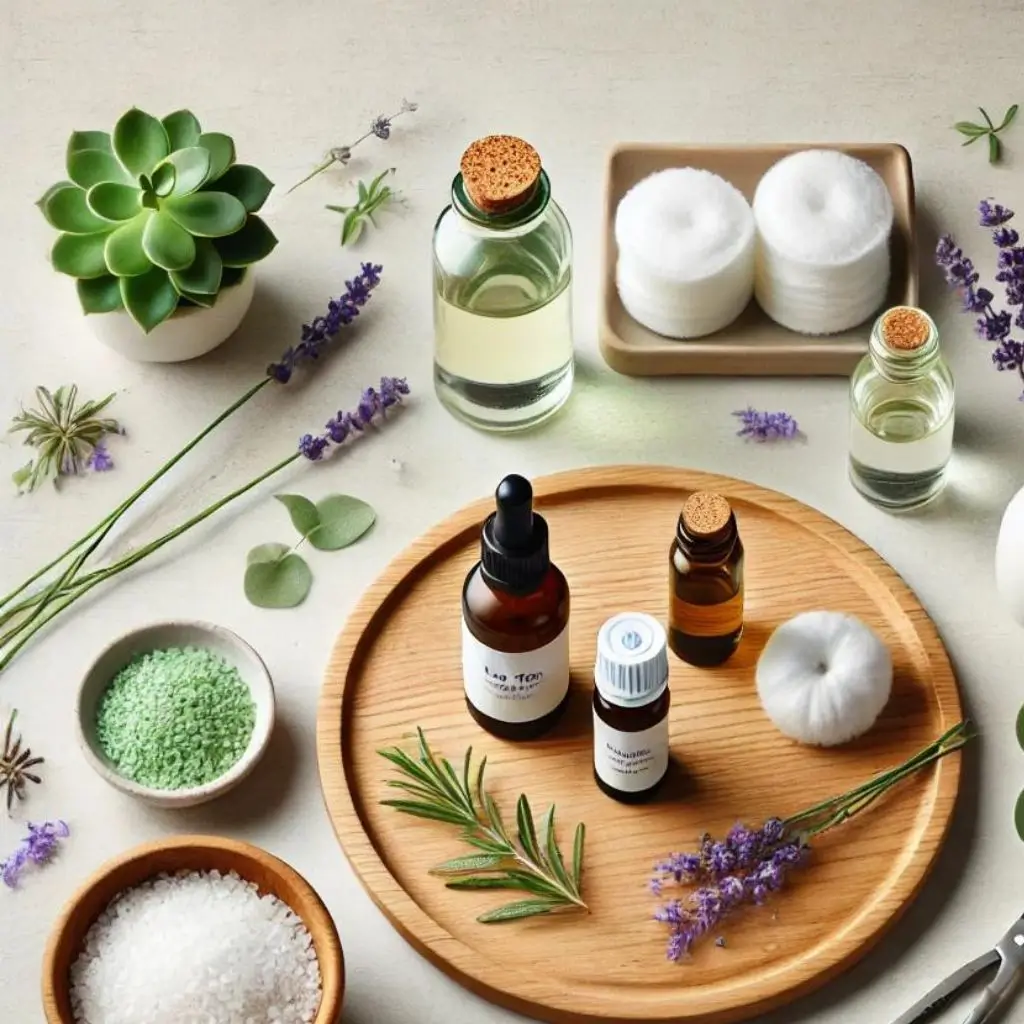Wasp stings can be extremely painful and cause significant swelling and irritation. While there are many conventional treatments available, essential oils offer a natural alternative for relief. Essential oils have been used for centuries for their anti-inflammatory, antiseptic, and soothing properties. In this guide, we will explore the best essential oils for wasp stings, how to use them, precautions to take, and much more. Whether you’re new to essential oils or looking for new ways to use them, this guide will provide valuable information to help you effectively manage wasp stings.
What essential oils are good for wasp stings?
Several essential oils are known for their effectiveness in treating wasp stings. Here are some of the best options:
| Essential Oil | Key Benefits |
|---|---|
| Lavender | Soothing, anti-inflammatory, analgesic |
| Tea Tree | Antiseptic, anti-inflammatory |
| Peppermint | Cooling effect, reduces swelling |
| Eucalyptus | Pain relief, anti-inflammatory |
| Chamomile | Soothes skin, reduces irritation |
These essential oils can help alleviate pain, reduce swelling, and promote healing.

How to use essential oils for wasp sting relief?
Using essential oils for wasp sting relief involves a few simple steps:
- Clean the Area: Gently clean the sting area with soap and water.
- Dilute the Essential Oil: Mix a few drops of essential oil with a carrier oil, such as coconut or olive oil.
- Apply the Mixture: Use a cotton ball or your fingers to apply the diluted oil to the sting area.
- Repeat as Needed: Reapply every few hours for best results.
It’s important to dilute essential oils to prevent skin irritation. Here’s a simple dilution table:
| Essential Oil Drops | Carrier Oil Amount |
|---|---|
| 1-2 drops | 1 teaspoon |
| 3-5 drops | 1 tablespoon |
What precautions should be taken when using essential oils for wasp stings?
When using essential oils for wasp stings, consider the following precautions:
- Patch Test: Always perform a patch test to check for allergic reactions.
- Proper Dilution: Never apply essential oils undiluted to the skin.
- Avoid Sensitive Areas: Do not apply essential oils near the eyes, mouth, or broken skin.
- Consult a Doctor: If you experience severe reactions or the sting area becomes infected, seek medical advice.
Following these precautions will help you use essential oils safely and effectively.
Can essential oils prevent wasp stings?
While essential oils can help soothe wasp stings, they can also be used to deter wasps. Some essential oils, like peppermint and eucalyptus, are natural insect repellents. To create a wasp deterrent spray, follow these steps:
- Mix the Oils: Combine 10-15 drops of essential oil with 1 cup of water in a spray bottle.
- Shake Well: Shake the bottle to mix the solution thoroughly.
- Spray Around Areas: Spray the mixture around areas where wasps are common, such as windows, doors, and outdoor spaces.
Using essential oils as a deterrent can help prevent wasp stings before they occur.
What are the benefits of using essential oils for wasp sting?
Using essential oils for wasp stings offers several benefits:
- Natural Relief: Provides a natural alternative to chemical-based treatments.
- Anti-inflammatory Properties: Reduces swelling and inflammation.
- Antiseptic Effects: Prevents infection and promotes healing.
- Pain Reduction: Alleviates pain and discomfort.
- Soothing Effects: Calms irritated skin.
These benefits make essential oils a valuable addition to your first aid kit.
How effective are essential oils compared to conventional treatments for wasp stings?
Essential oils can be very effective for wasp sting relief, but their effectiveness can vary compared to conventional treatments. Conventional treatments like antihistamines and hydrocortisone creams are specifically formulated to address allergic reactions and inflammation quickly. However, essential oils provide a natural alternative that can be gentler on the skin and have fewer side effects.
| Treatment Type | Pros | Cons |
|---|---|---|
| Essential Oils | Natural, fewer side effects, multi-purpose | May take longer to relieve symptoms |
| Conventional Treatments | Fast-acting, specifically formulated | Potential side effects, chemical-based |
Ultimately, the choice between essential oils and conventional treatments depends on individual preferences and the severity of the sting.
Can essential oils cause allergic reactions when used for wasp stings?
Yes, essential oils can cause allergic reactions in some individuals. To minimize the risk:
- Patch Test: Apply a small amount of diluted oil to a patch of skin and wait 24 hours to check for any adverse reactions.
- Use High-Quality Oils: Ensure you are using pure, therapeutic-grade essential oils.
- Follow Guidelines: Adhere to recommended dilution ratios and application methods.
If you experience any signs of an allergic reaction, such as redness, itching, or swelling, discontinue use immediately and consult a healthcare professional.
What are the best essential oil blends for wasp sting relief?
Combining essential oils can enhance their effectiveness. Here are some recommended blends:
| Blend | Essential Oils |
|---|---|
| Soothing Blend | Lavender, chamomile, tea tree |
| Cooling Relief Blend | Peppermint, eucalyptus, lavender |
| Anti-inflammatory Blend | Tea tree, chamomile, frankincense |
To create a blend, mix equal parts of each essential oil with a carrier oil and apply as needed.
How to store essential oils for optimal effectiveness?
Proper storage of essential oils ensures their longevity and effectiveness. Follow these tips:
- Cool, Dark Place: Store oils in a cool, dark place away from direct sunlight.
- Tightly Sealed: Keep the bottles tightly sealed to prevent oxidation.
- Glass Bottles: Use dark glass bottles to protect the oils from light.
Here’s a simple storage table:
| Storage Method | Benefit |
|---|---|
| Dark glass bottles | Protects from light |
| Cool environment | Preserves potency |
| Tightly sealed lids | Prevents oxidation and evaporation |
Proper storage maintains the quality and effectiveness of your essential oils.
Are there any essential oils to avoid for wasp sting?
Certain essential oils can irritate the skin or cause adverse reactions, especially when used on sensitive areas like wasp stings. Avoid using the following oils on wasp stings:
- Oregano: Can be too strong and cause skin irritation.
- Cinnamon: Known for its potential to irritate sensitive skin.
- Clove: May cause burning sensations on the skin.
When treating wasp stings, always choose oils known for their soothing and anti-inflammatory properties.
Conclusion
Using essential oils for wasp stings can provide natural, effective relief from pain, swelling, and irritation. Essential oils like lavender, tea tree, and peppermint offer anti-inflammatory and antiseptic properties that help soothe the skin and promote healing. Always remember to dilute essential oils properly, perform a patch test, and store them correctly to maintain their effectiveness. By following these guidelines, you can safely and effectively use essential oils to manage wasp stings.



